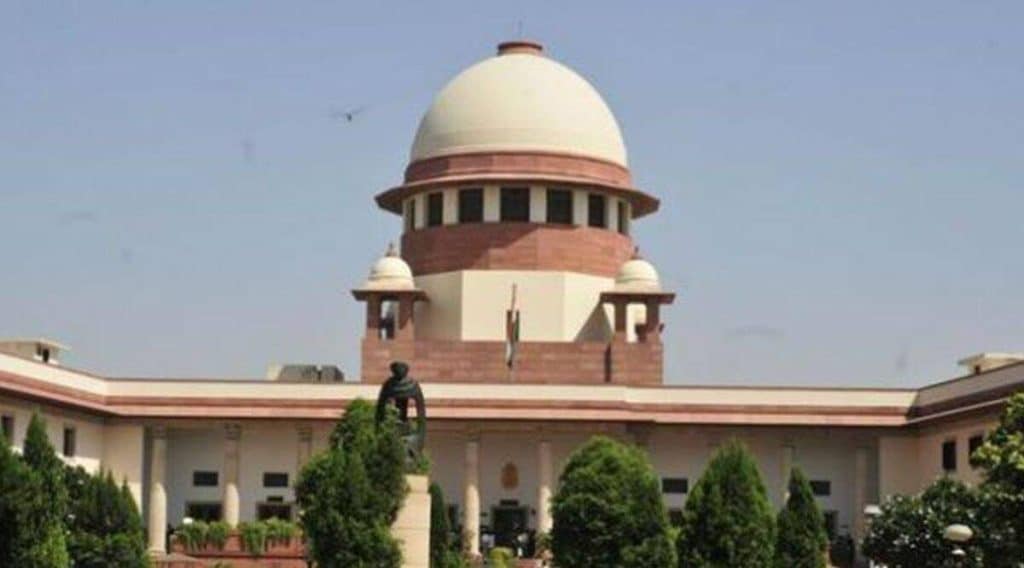The Supreme Court on Monday sought response on the Airport Authority of India’s (AAI) appeal against the Delhi High Court’s decision to quash its tender for engaging agencies to provide ground handling services (GHS) at Group D-1 airports comprising 49 regional and budget airports catering to domestic, regional and non-scheduled flights involving smaller aviation aircrafts.
While quashing the tender floated by AAI, the HC asked the PSU to come up with a fresh tender on the grounds that the proposal “subverts” the Atmanirbhar Bharat policy and stifles all attempts of smaller entrepreneurs to dream bigger. It termed the tender conditions mandating previous work experience in providing GHS and an annual turnover of Rs 18 crore “as discriminatory and arbitrary”.
A Bench led by Chief Justice NV Ramana sought response from Centre for Aviation Policy, Safety and Research (CAPSR), an NGO, after Additional Solicitor General KM Natraj argued that the courts should refrain from interfering with the policy decisions.
Questioning the scope and judicial review of administrative decisions, the AAI said that the courts cannot interfere with terms and conditions of the tender prescribed by the government because it feels that some other terms in the tender would have been fair, wiser and logical.
The AAI said that that the entire basis of the HC judgment was based on incorrect premise, as, firstly, there was no difference in GHS requirements of scheduled and non-scheduled flight; secondly, the decision to cluster D-1 airports was with the objective to have enhanced flight operation in these airports and also based on economically sensitive reasons; and lastly, the micro and small enterprises (MSMEs) were not restricted in any manner and could freely participate in a tender.
In the tender, the AAI had carried out region-wise sub-categorisation of the 49 airports falling under Group D1 as the “clustering of airports reduced cost in airport operation and increased cohesive management. This is purely administrative and commercial decision”, the AAI said in its appeal filed thorough counsel Nikilesh Ramachandran.
To implement the ministry of civil aviation (Ground Handling Services) Regulations in consonance with Regional Connectivity Scheme-UDAN, the authority had floated the tender as there was a need to augment the GH services at such small airports as the air traffic movements at such airports was steadily on the rise, thus, the need for experience in schedule operations became important not only for smooth operations but also for safety and security of everyone involved in said operations.
Centre for Aviation Policy, Safety and Research (CAPSR), an advocay group, had moved the HC against the AAI tender on the grounds that that onerous technical and financial qualifications had rendered most of the extant GH agencies ineligible to participate, especially those who had been providing these service at small airports. It said that these qualifications had no corelation with the GH services and the same had been arbitrarily and whimsically tailored with a view to oust the existing GHS providers.

